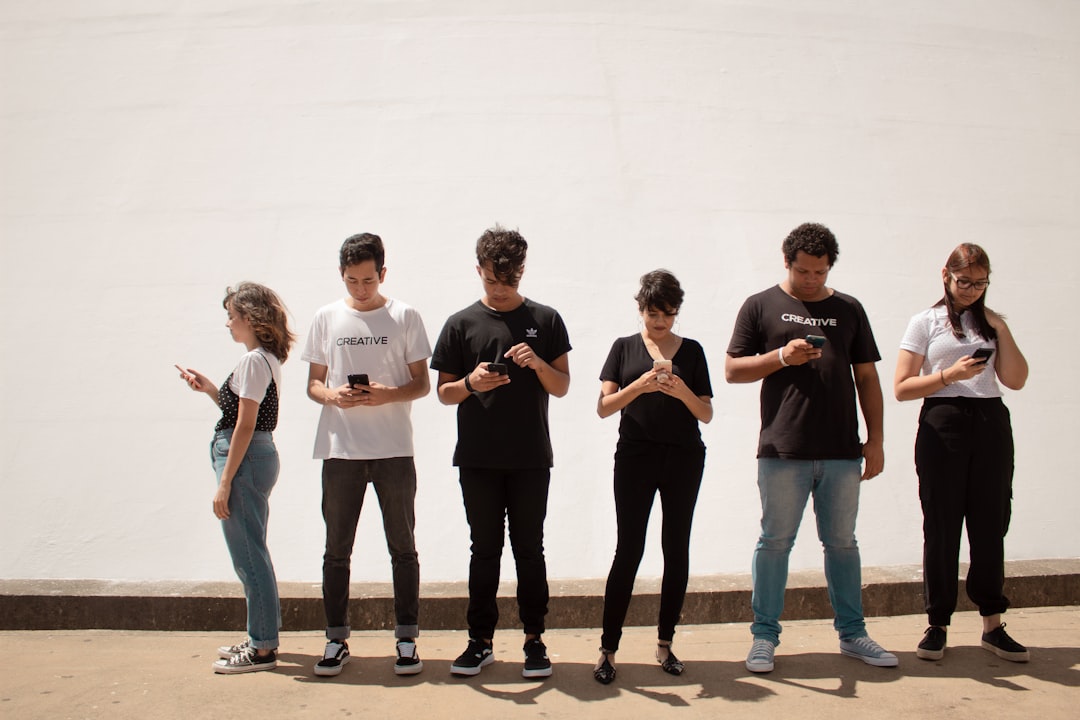In Illinois, consumers are protected from abusive debt collection practices by state laws like the Illinois Debt Collection Act (IDCA) and federal regulations like the Fair Debt Collection Procedures Act (FDCPA). Debtors have rights to dispute debts, request verification, and refuse payment if disputed. Debt collectors must adhere to strict guidelines on communication, contact hours, and ethical conduct. Violations can be reported to the Attorney General's office or through a debt collector Lawyer in Illinois for legal action.
Illinois residents facing debt collection issues can find solace in understanding their rights under state law. This comprehensive guide explores the intricate web of regulations governing debt collectors, empowering individuals with knowledge. From the moment a debt collector contacts you, until resolution, Illinois laws dictate fair practices and consumer protections. We delve into the key aspects, including licensing requirements for debt collectors, your rights as a debtor, and legal recourse for violations. For those seeking guidance from a debt collector lawyer in Illinois, this overview serves as a crucial starting point.
Illinois Laws Regulating Debt Collection Practices

In Illinois, debt collection practices are heavily regulated to protect consumers from aggressive or unfair tactics. The state’s laws are designed to ensure that debt collectors adhere to ethical and transparent standards when attempting to recover debts. According to the Illinois Debt Collection Act (IDCA), debt collectors must comply with specific rules regarding communication methods, disclosure of information, and overall conduct. This legislation grants debtors certain rights, including the right to dispute the validity of a debt and request verification from the collector.
A key aspect of Illinois law is that debt collectors cannot employ abusive or deceptive practices, such as making false statements, using threatening language, or contacting individuals at inconvenient times. They must also provide clear and accurate information about the debt, including the amount owed, the name of the original creditor, and the legal basis for collection. Debtors who believe their rights have been violated can seek legal recourse by consulting with a debt collector lawyer in Illinois to understand their options under state law.
Rights of Debtors Under Illinois Law

In Illinois, debtors enjoy a range of rights under state law when dealing with debt collectors. According to the Illinois Debt Collection Act, consumers are protected from unfair or deceptive practices by collection agencies. This includes the right to be informed about the nature and amount of the debt within five days of initial contact. Debtors can also demand verification of the debt’s validity and refuse to pay if they dispute it. Furthermore, debt collectors must refrain from using abusive language, threatening behavior, or contacting individuals at inconvenient times, such as before 7 a.m. or after 9 p.m.
Illinois law also caps the amount of interest that can be charged on debts and sets strict rules for repossession of personal property. Debtors have the right to file complaints with the Attorney General’s office if they believe their rights have been violated by debt collectors. Engaging a debt collector lawyer in Illinois is crucial for understanding and exercising these rights, ensuring fair treatment, and navigating potential legal issues that may arise during debt collection processes.
Licensing and Training Requirements for Debt Collectors

In Illinois, debt collectors must adhere to strict regulations outlined by state law. To engage in debt collection activities, they are required to obtain a license from the Illinois Department of Professional Regulation (IDPR). This licensing process involves background checks and ensures debt collectors meet specific standards. Furthermore, ongoing training is mandatory for these professionals to stay updated on ethical practices and legal requirements.
The IDPR sets forth comprehensive training guidelines, including topics like fair debt collection practices, consumer rights, and dispute resolution. Completing this training every two years is mandatory for maintaining the license. Such stringent licensing and training requirements in Illinois aim to protect consumers from aggressive or unethical debt collection methods, ensuring fair interactions between debt collectors and those they represent.
Fair Debt Collection Procedures and Consumer Protection

In Illinois, both state laws and federal regulations govern the practices of debt collectors to ensure fair and ethical treatment of consumers. The Fair Debt Collection Procedures (FDCPA) Act is a significant piece of legislation designed to protect individuals from abusive or deceptive collection tactics. This act restricts the hours when debt collectors can contact consumers and prohibits them from using harassing, false, or misleading statements. Illinois has further strengthened consumer protection by implementing its own strict guidelines, ensuring that debt collector lawyers in the state adhere to these rules.
Debt collector lawyers operating in Illinois must comply with specific regulations related to validation of debts, providing consumers with accurate information, and respecting individual privacy. Consumers in Illinois have the right to dispute the validity of their debts and request verification from the collectors. This process empowers individuals to ensure accuracy and prevent wrongful collection activities, offering them a layer of protection against unfair practices.
Legal Recourse for Violations and Unfair Practices

In Illinois, consumers have legal recourse if they experience violations or unfair practices at the hands of debt collectors. The Fair Debt Collection Practices Act (FDCPA) is a federal law that prohibits abusive, false, or misleading debt collection activities, and it applies to both third-party collection agencies and creditors collecting their own debts. If a debt collector breaches this act, individuals can file complaints with the Federal Trade Commission (FTC) or consult a debt collector Lawyer in Illinois for legal action.
Illinois also has its own Debt Collection Act that mirrors federal regulations, offering further protection to consumers. This state law outlines specific procedures debt collectors must follow when attempting to collect debts, including providing proper validation of the debt and ceasing collection efforts if requested. If a debt collector fails to adhere to these rules, consumers can take legal action, seeking damages for any harm suffered as a result of the violation.






